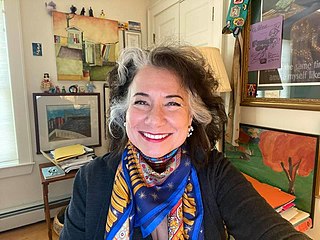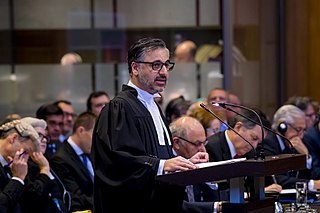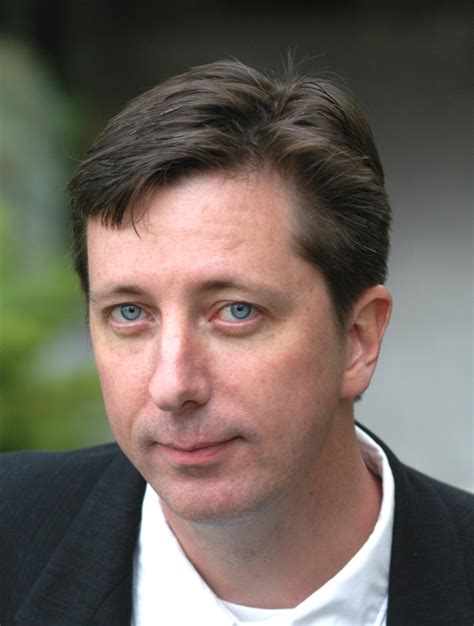A Quote by Sarnath Banerjee
I'm interested in history because it's a discipline that requires a lot of effort from the imagination. You need to put in a lot of imaginative effort to figure out how people lived in an era that is not yours. And in that understanding of people from a different era, I feel, is an important gateway into humanity. Because you understand human behavior. In order to understand humanity, history is important.
Related Quotes
Storytelling is very important. It is through context and relations that we understand the importance of human dignity. The concept means nothing as an abstraction. It's important for us to understand why people do the things they do, including the monsters - the suicide bomber and the war criminal. Understanding is not acceptance. Understanding is exploring the human psyche. If we want to put an end to violence, we need to have the sort of conversation I had with the teenage suicide bomber.
Humanity will continue, but in a different way. Material structures will change. From this we will have the opportunity to be more human. We are living in the most important era of the Mayan calendars and prophecies. All the prophecies of the world, all the traditions are converging now. There is no time for games. The spiritual ideal of this era is action.
I was raised in a country [South Africa] with a lot of political turmoil. I was part of a culture and a generation that suppressed people and lived under apartheid regimes. I don't know how you can come out of that and not have an awareness for the world. I think that if my life had turned out any other way and I was working in a bank, I would still feel this way about it, because there's a connection to humanity that to me is really important.
My book, Oral History: Understanding Qualitative Research is about how researchers use this method and how to write up their oral history projects so that audiences can read them. It's important that researchers have many different tools available to study people's lives and the cultures we live in. I think oral history is a most needed and uniquely important strategy.
We have to understand in order to be of help. We all have pain, but we tend to suppress it, because we don't want it to come up to our living room. the most important thing is that we need to be understood. We need someone to be able to listen to us and to understand us, then we will suffer less, but everyone is suffering, and no one wants to listen. We don't know how to express ourselves so that people can understand. because we suffer so much, the way we express our pain hurts other people, and they don't want to listen.
I used to read more when I was a kid than I do now. It was all sort of fuel for the fire to teach you how to think and how to make things and it informed the architecture that I was doing. It's better coming in with that history and that kind of knowledge and depth of understanding of humanity that is very important for building buildings - for understanding people and how they should live and how you could make your lives better and stuff like that.







































